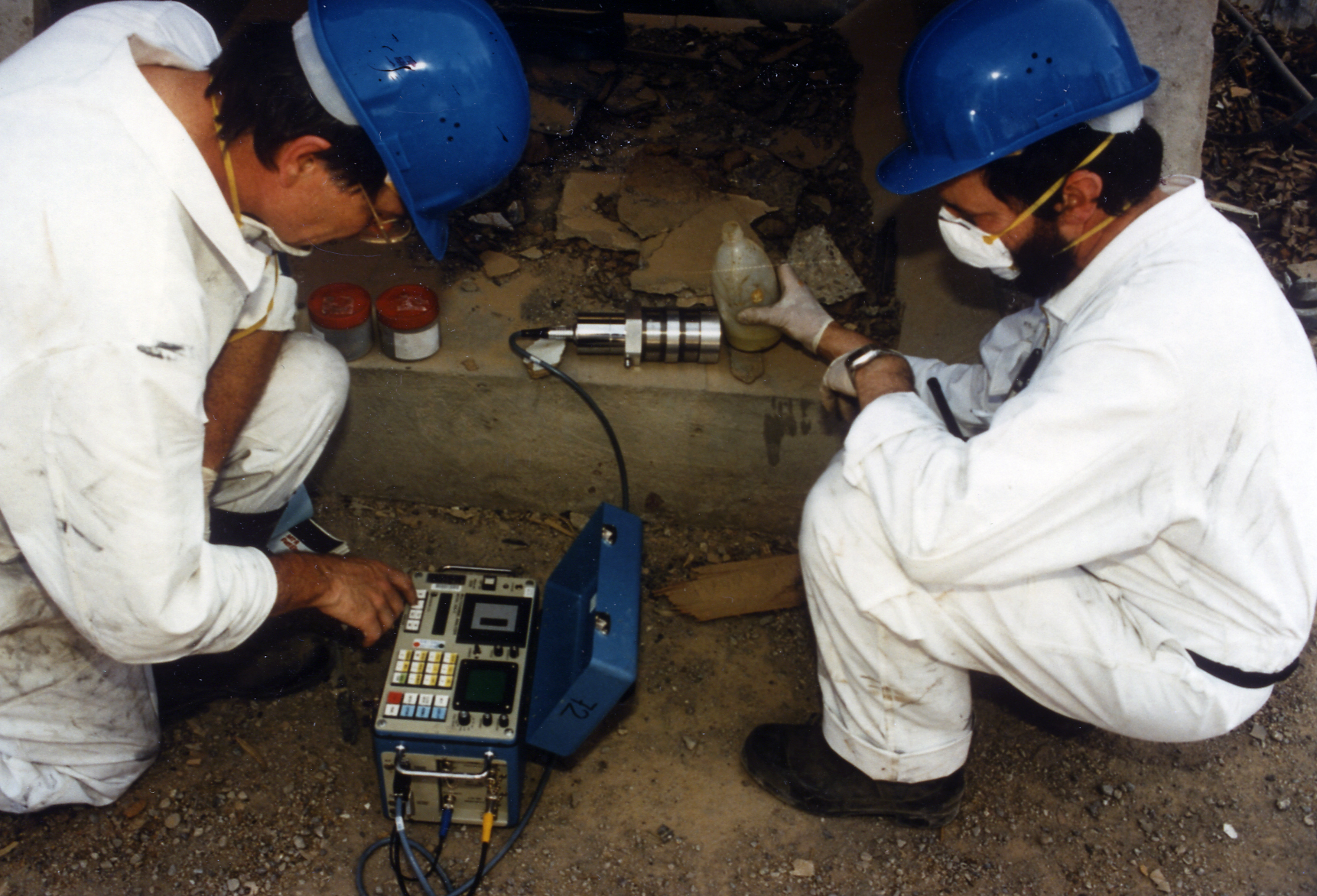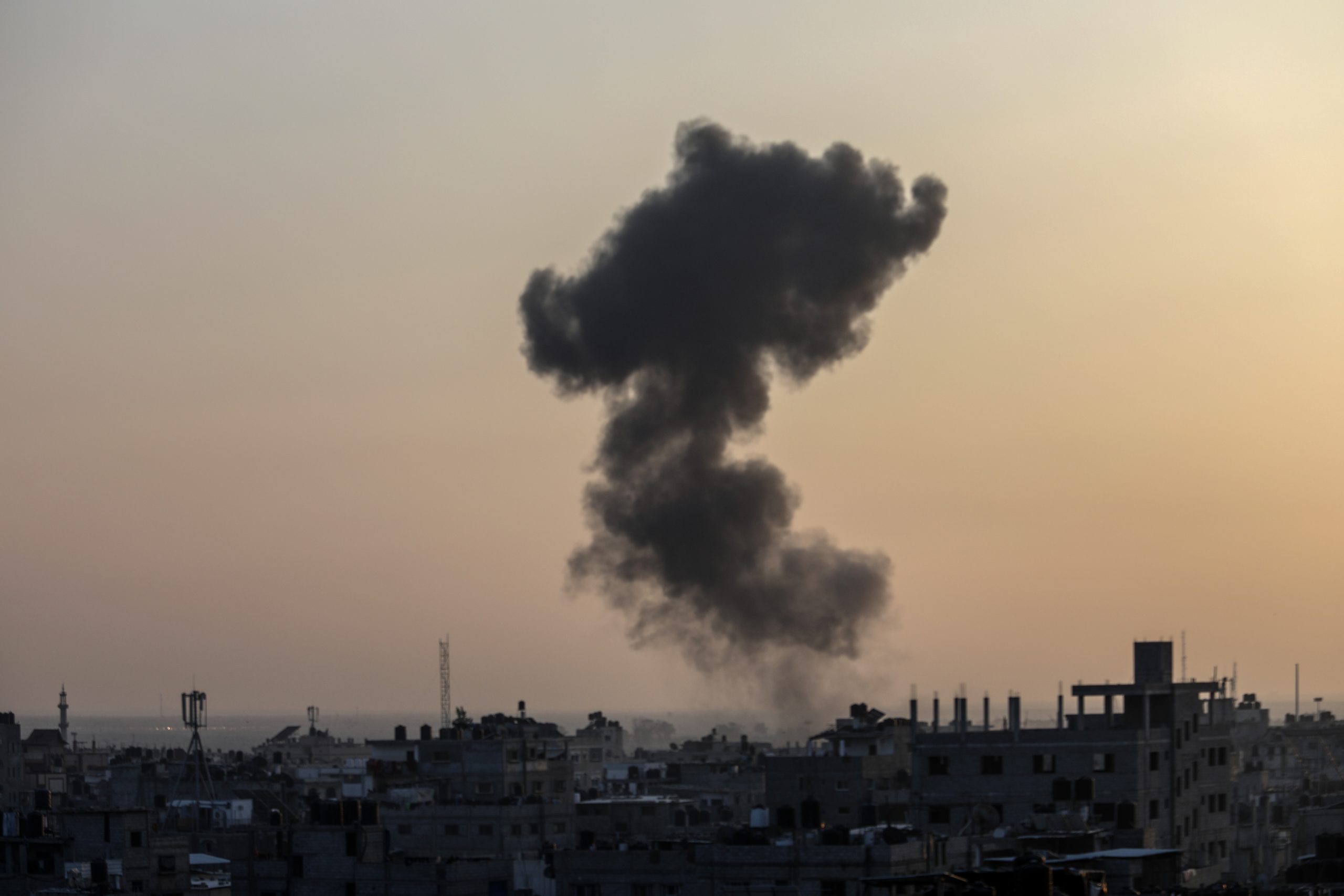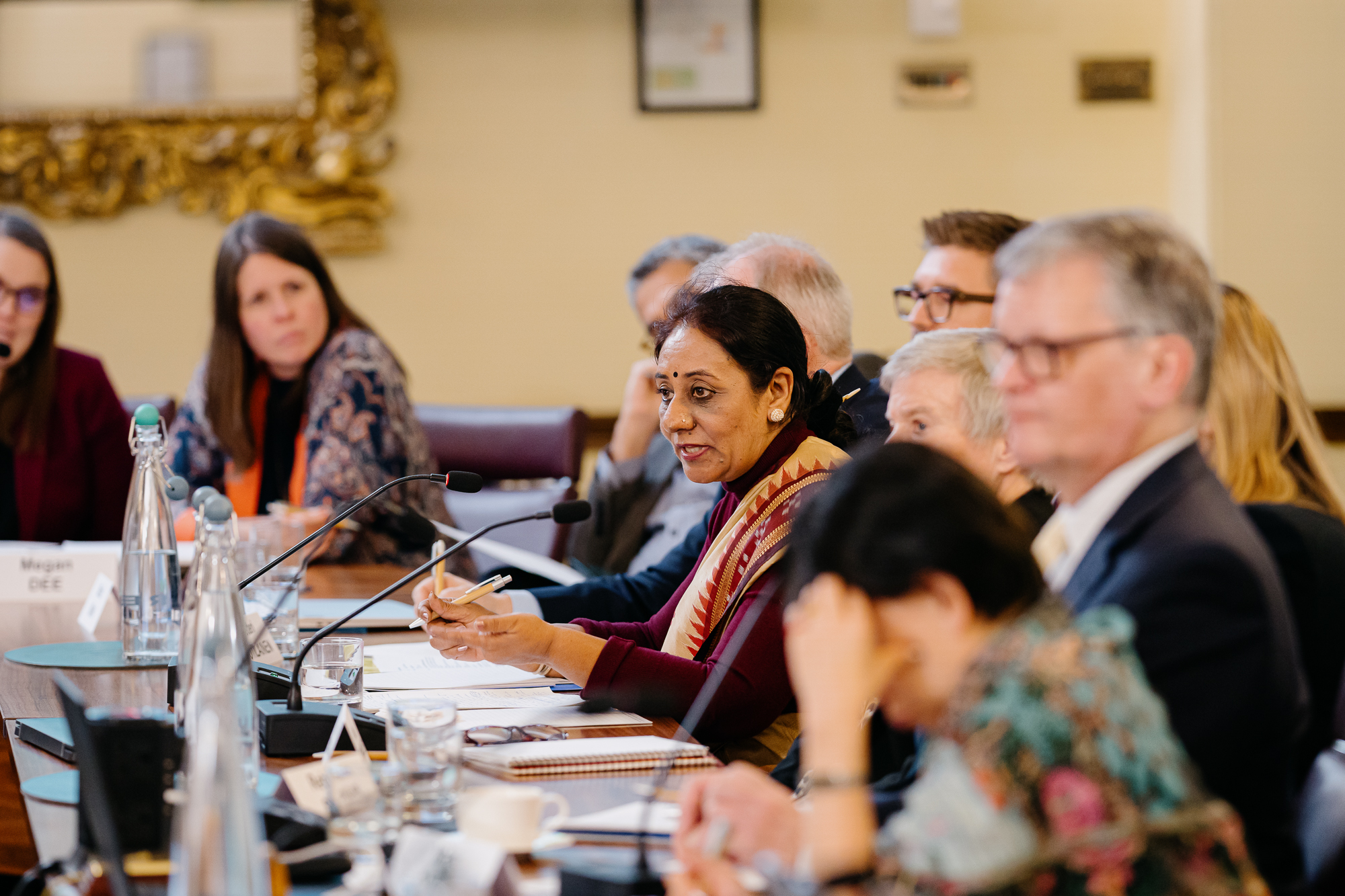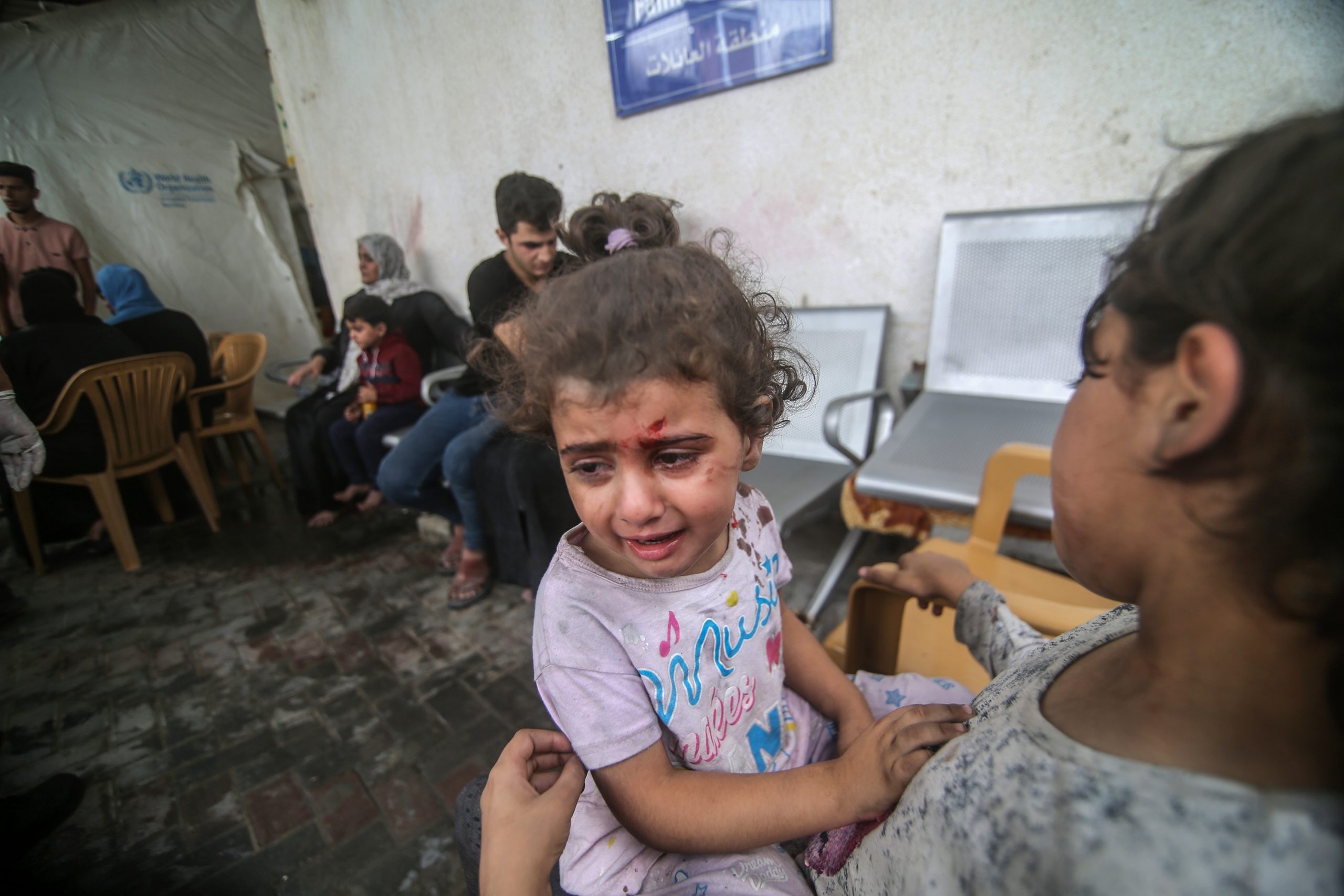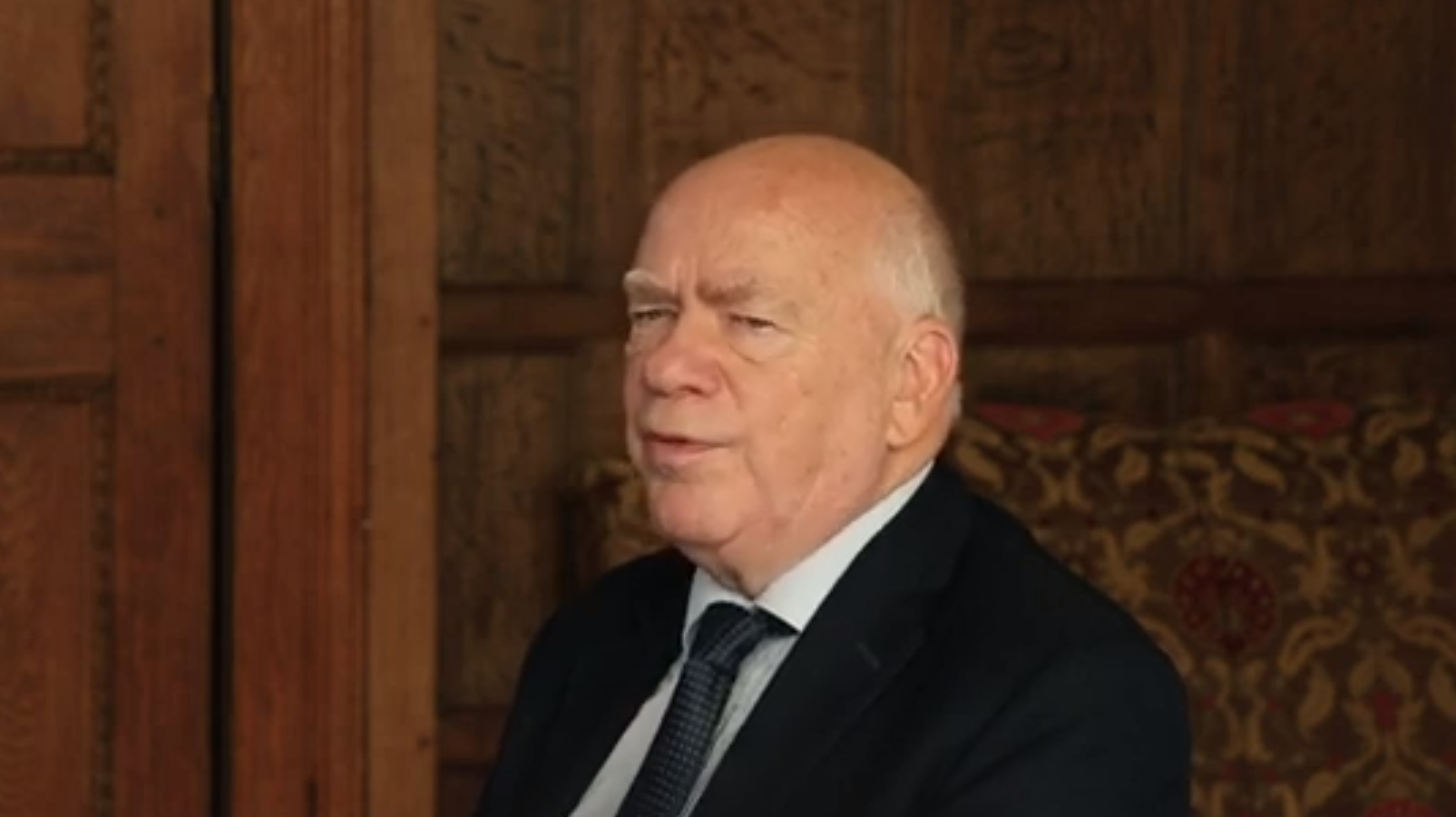This event discussed whether we have the qualitative and quantitative capacity to implement global verification and the challenges it presents. Key points to come out of the meeting were:
- New verification approaches will likely fail if they aim at bringing about rapid change in a challenge environment. The US-UK initiative shows that cooperative step-by-step approaches and thinking ahead are more favourable to long-term progress.
- In the nuclear field it is crucial for global capacity building to bring non-nuclear weapon states on board and to promote multilateralism.
- There is no single approach to verification. Only complementary tools can constitute an effective verification system. Societal verification can apply in areas that are difficult for conventional mechanisms to cover.
- Regional cross-sector verification under a single overarching agreement requires full endorsement of all existing verification regimes, preliminary confidence-building measures in order to eliminate the obstacle of national security.
- The future role of the International Atomic Energy Agency (IAEA) will extend beyond the verification of peaceful nuclear activities. There can be a role for it in nuclear disarmament verification.
- The Syrian civil war has tested the CWC and brought flexibility to it. Further, the Organisation for the Prohibition of Chemical Weapons (OPCW) needs to be strengthened and provisions for attribution made.
Further information
Conference: Verification in the 21st century
